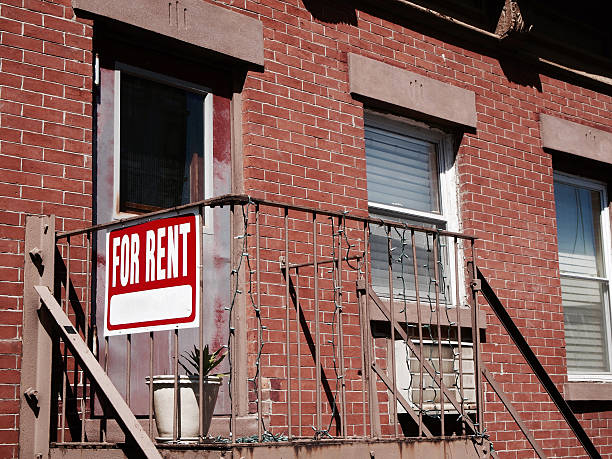Uncategorized
College Town Real Estate: How to Access Profitable Student Housing Markets
College towns present real estate investors with unique investment opportunities due to the consistent rental demand and stable occupancy rates in these markets. Their long-term potential also makes housing shortages lucrative investments as universities expand and student populations rise. Understanding which factors make for successful student housing investments can maximize returns while mitigating risks. Renters…
Read MoreHidden Gems: Unrated Real Estate Markets Poised for Exponential Growth by 2025
Emerging real estate markets, primarily focusing on metropolises, are experiencing rapid development due to economic growth, population shifts, and affordability factors. Investors can capitalize on these opportunities, which may lead to lower property values, increased rental demand, and long-term appreciation opportunities. Affordable real estate markets have grown rapidly, with housing costs in major cities reaching…
Read MoreHome Repairs: Understanding When to Hire a Professional and When to Do It Yourself
Regular repairs and renovations are part of property upkeep, yet not all require professional help. DIY fixes can save money while providing you with an immensely satisfying sense of accomplishment, but certain projects do need professional advice to guarantee safety, efficiency, and long-term durability. Knowing when it is best for you to DIY is crucial…
Read MoreAssessing Government Rental Aid: Advantages and Challenges for Landlords
Government-sponsored dental assistance programs provide financial relief to landlords and tenants while reducing nonpayment risks. However, these programs come with regulatory obligations and administrative responsibilities that landlords must carefully assess. While they may provide guaranteed income, they may complicate property management. Understanding these pros, cons, and benefits can help landlords make an informed decision about…
Read MoreProviding a Rent-Free Month as a Strategic Advantage to Lower Vacancy Through Incentives
Landlords and property managers face the daunting challenge of competing in an increasingly competitive rental market and filling vacant units as quickly as possible, without incurring revenue losses in long-term revenue losses or creating negative relationships with tenants. Rent concessions should be used strategically so they will both short-term leasing as well as long-term stability…
Read MoreThe Enticing of Walkable Communities: Increasing Rental Value via Neighborhood Amenities
Walking neighborhoods are increasingly popular among tenants due to their convenience, lifestyle benefits, and sense of community. Property managers and landlords can increase tenant interest and retention by promoting walkability and accessibility of rental properties. By focusing on local amenities and pedestrian-friendly features, property owners can boost tenant satisfaction and rental value. Why Tenants Care…
Read MoreAssessing the Advantages and Disadvantages of Rent Discounts for Long-Term Leases
Landlords are constantly looking for ways to maximize rental income while simultaneously keeping long-term tenants. Rent discounts may seem attractive to both tenants and property owners alike. Any decision must involve considering its potential impacts on cash flow, tenant stability, and market trends before making such offers. Advantages of Multi-Year Lease Agreement Discounts Rent discounts…
Read MoreImportant Legal Obligations All Landlords Must Recognize Before Hiring a Property
This article emphasizes the importance of understanding and adhering to legal responsibilities as a landlord to ensure a profitable rental business. Failure to do so could lead to costly legal disputes, fines, or property loss. It provides key legal responsibilities for landlords, whether new or experienced, to protect themselves and their tenants. Fair Housing Laws…
Read MoreIncreasing Rental Property Income Through Partnerships and Advertising
Landlords and property managers frequently look for ways to increase rental income without increasing rents, one effective strategy is using advertising or strategic partnerships to monetize available spaces for advertising or partnership ventures. By capitalizing on existing properties such as physical or digital assets they will not only maximize rental income without raising rent. Still,…
Read MoreFinding an Appropriate Balance Between Property Appreciation and Rent Income for Maximized Returns
Property investing requires balancing immediate cash flow and long-term equity growth. Some investors prioritize rental income for steady cash flow, while others focus on property appreciation for wealth building. Balancing these goals maximizes profitability and ensures sustainable portfolio management. Understanding equity growth vs cash flow dynamics helps investors make informed decisions based on financial objectives,…
Read More









